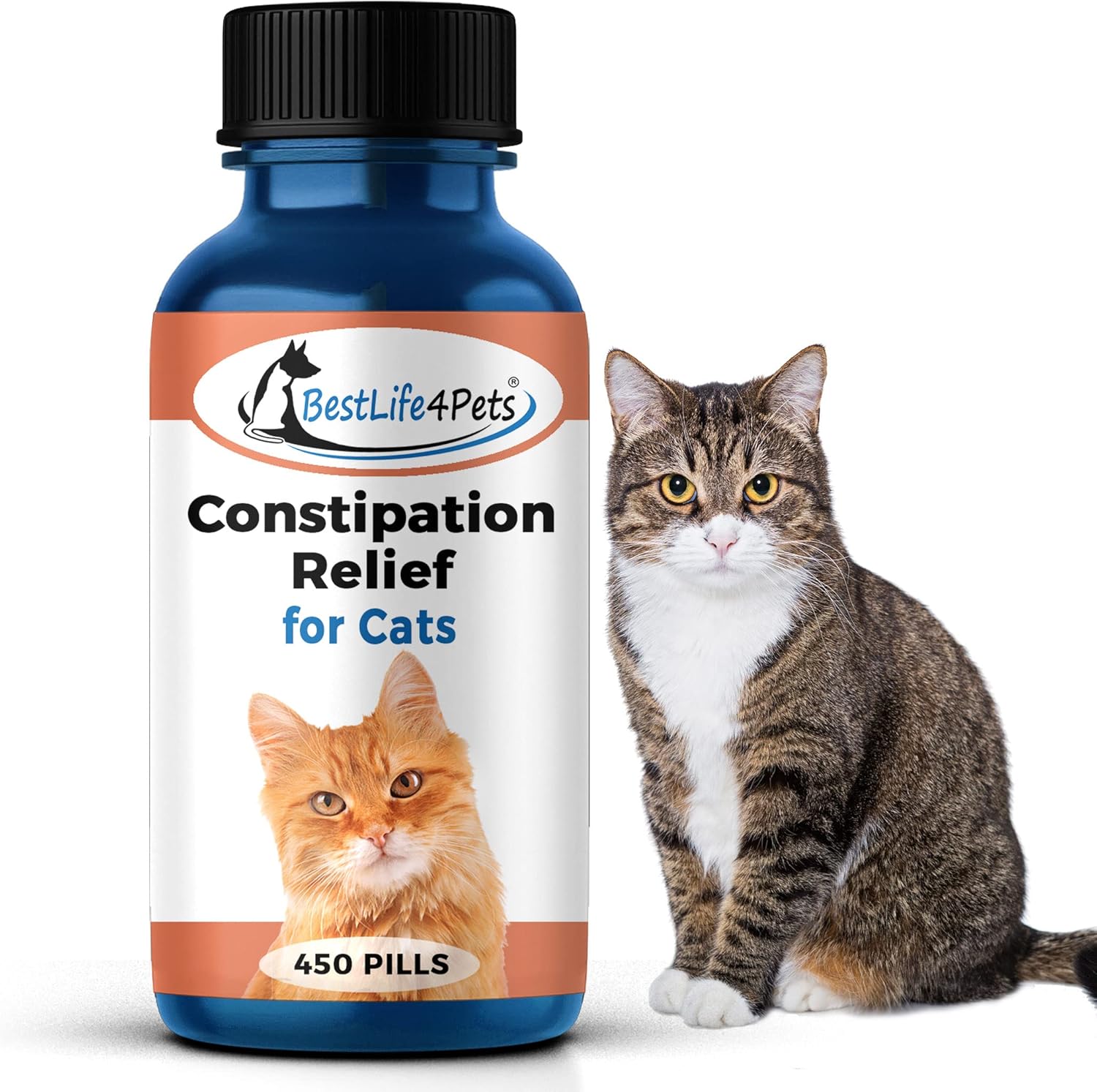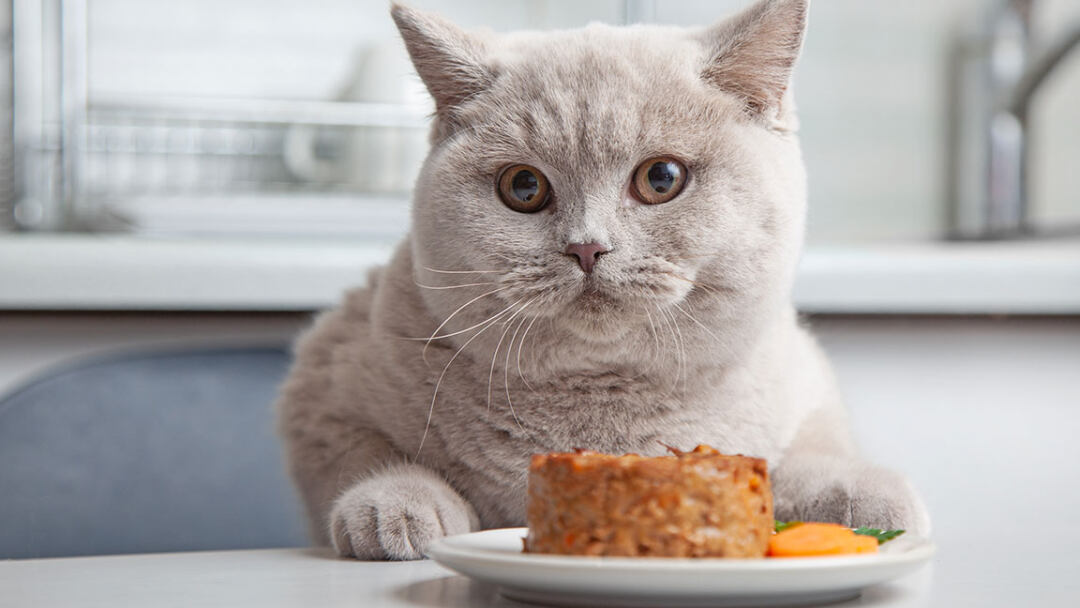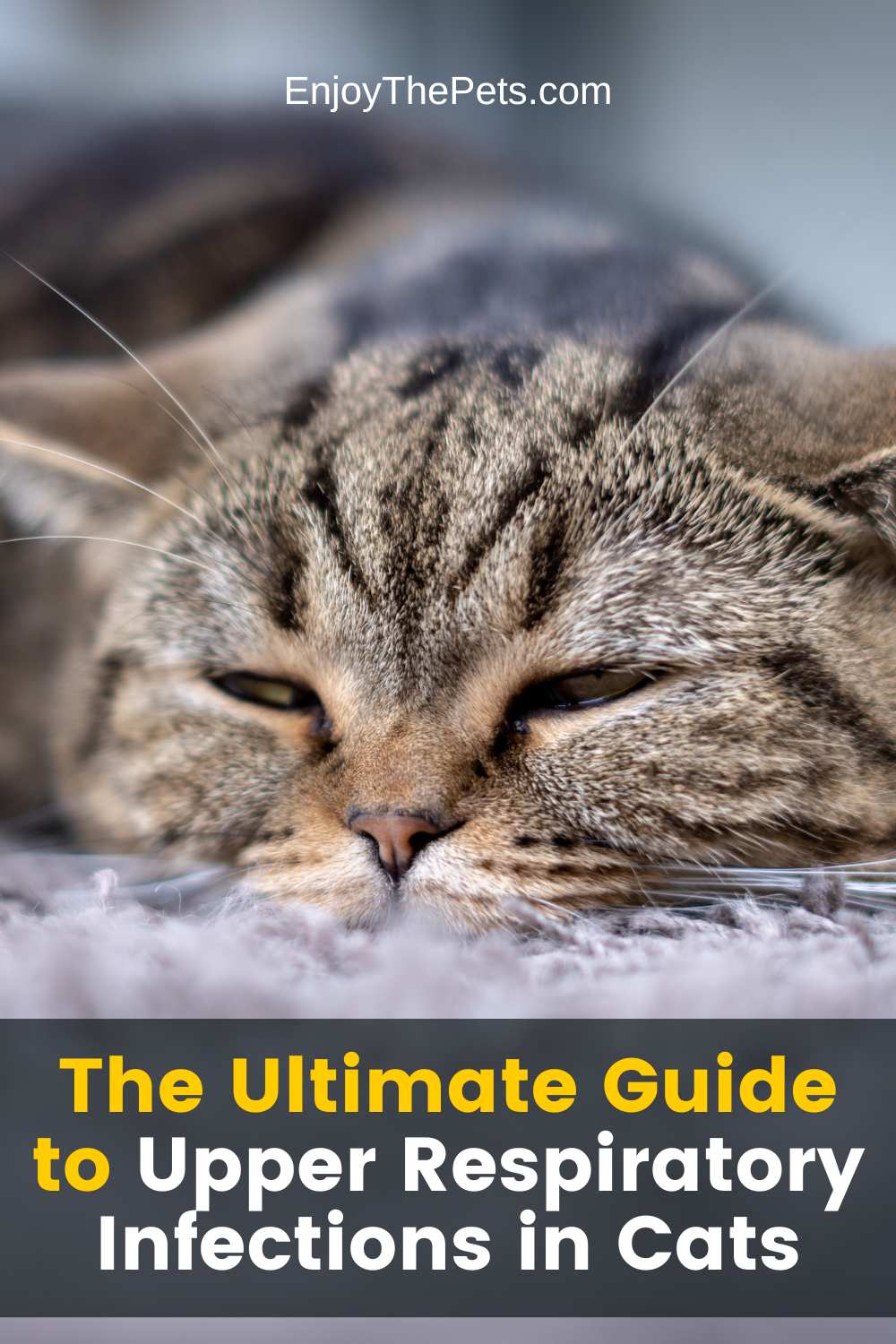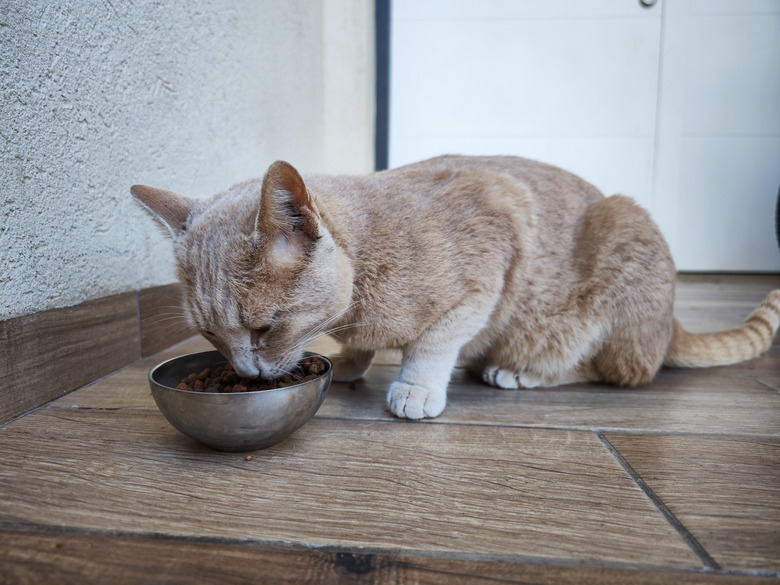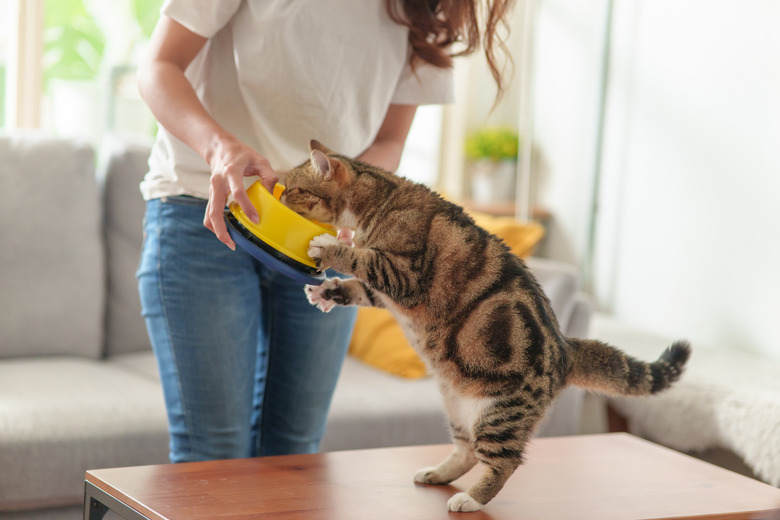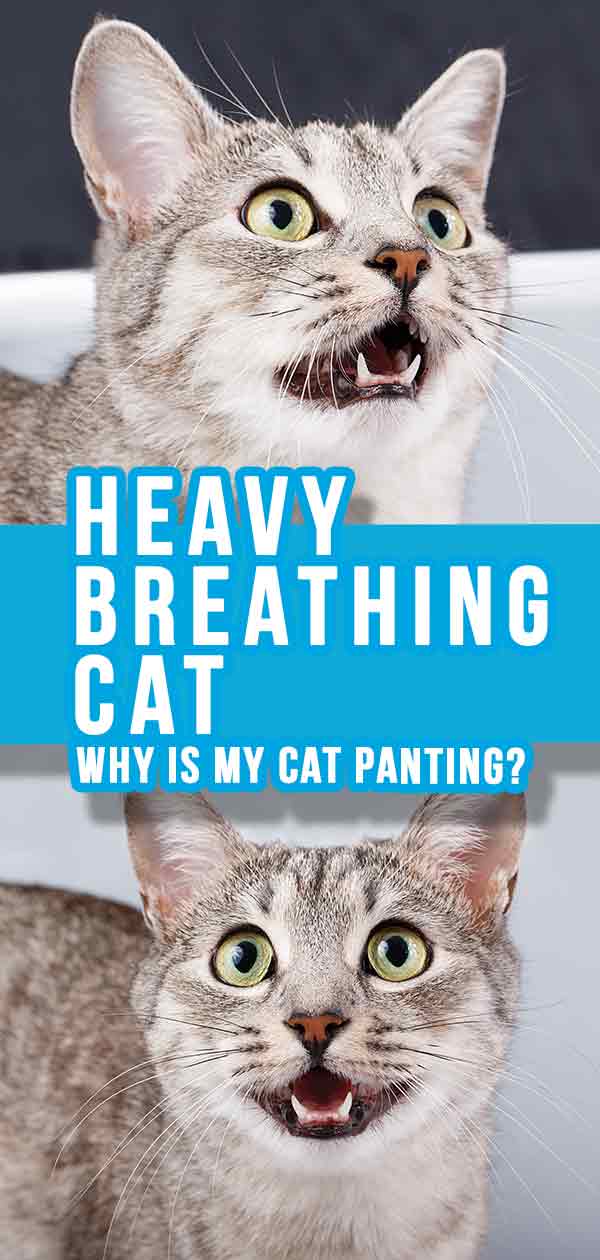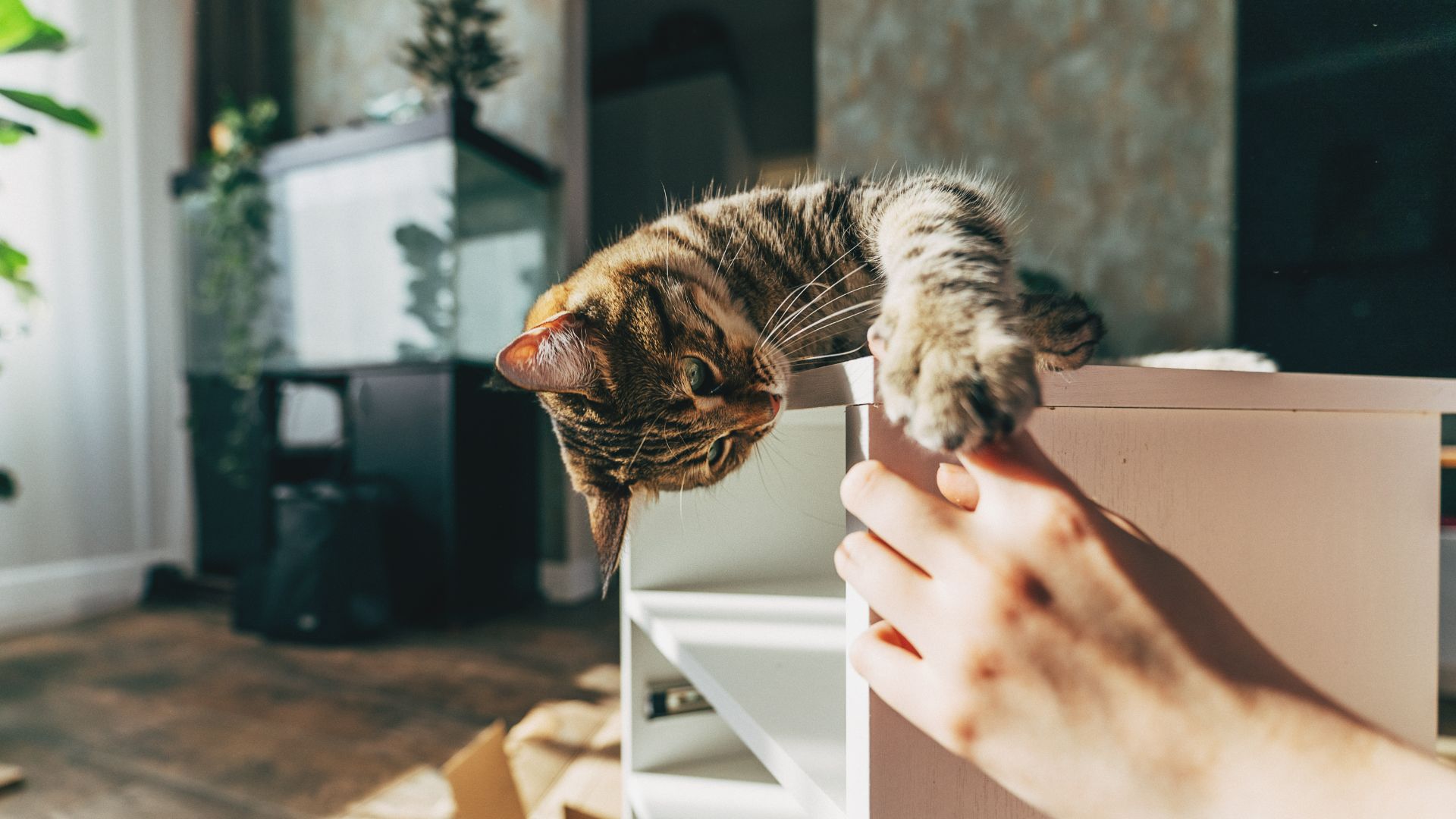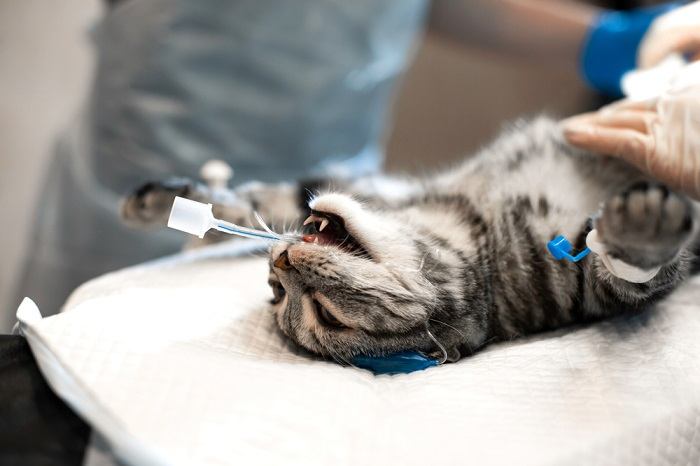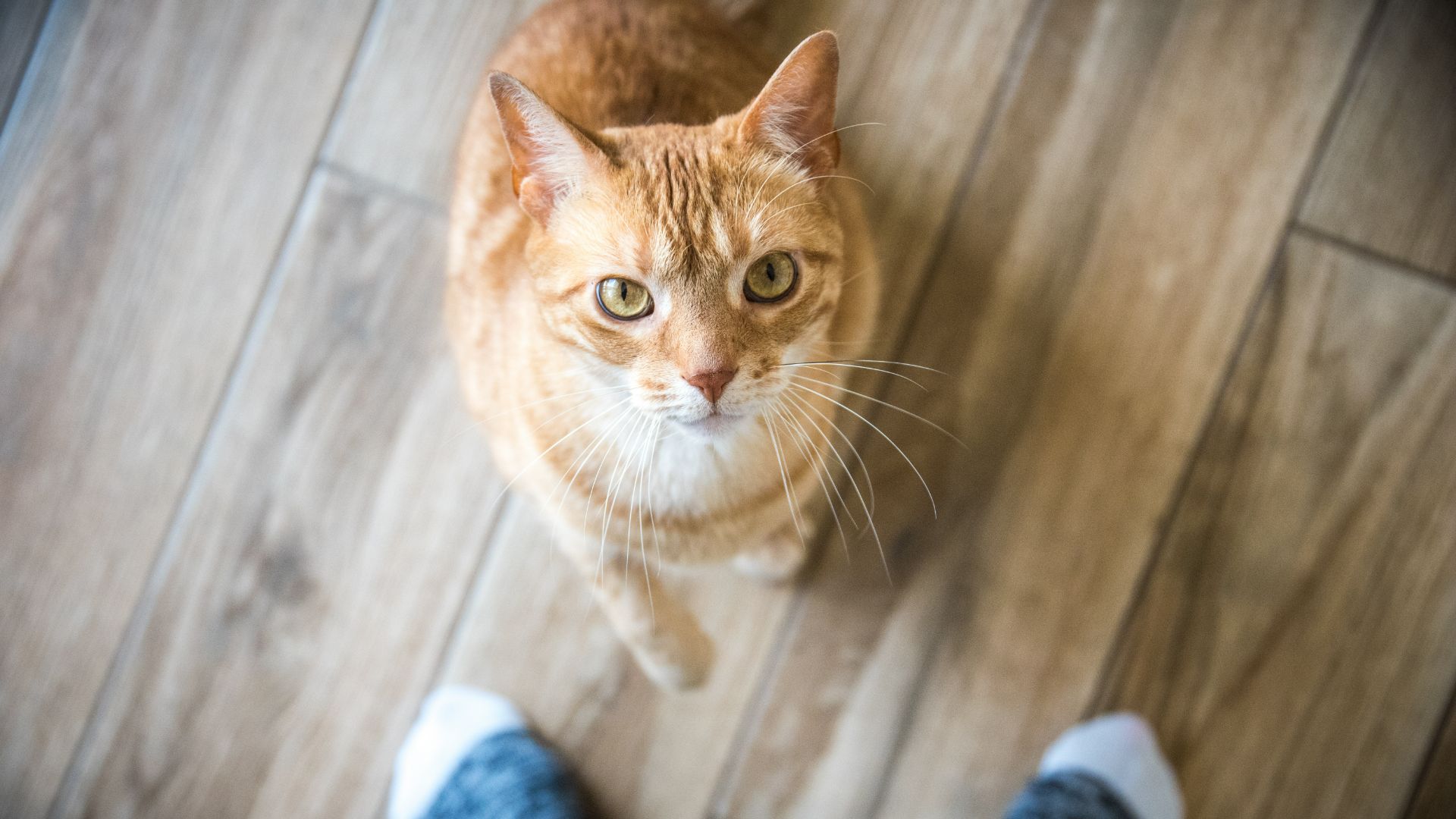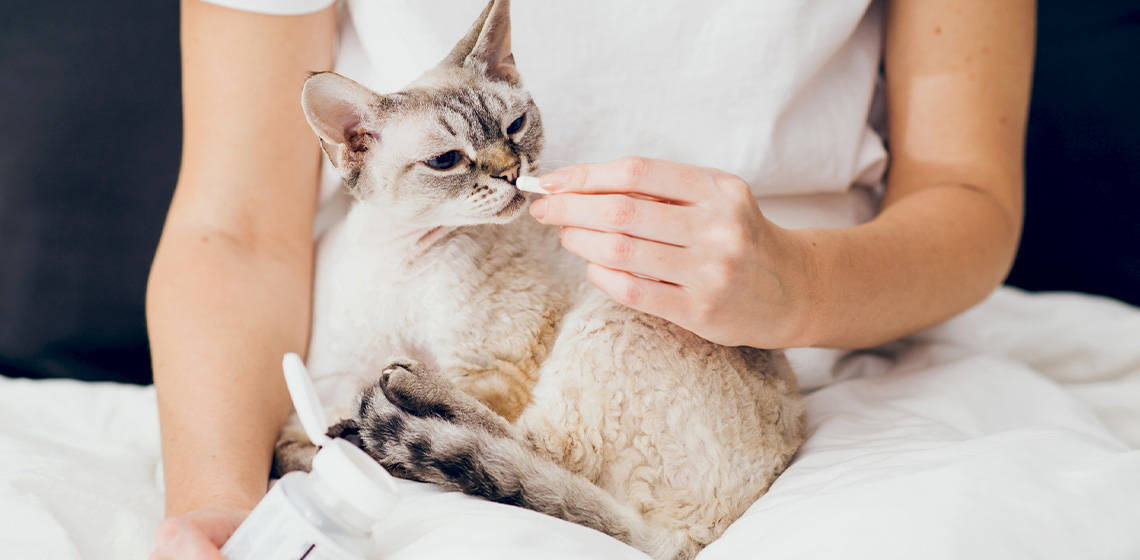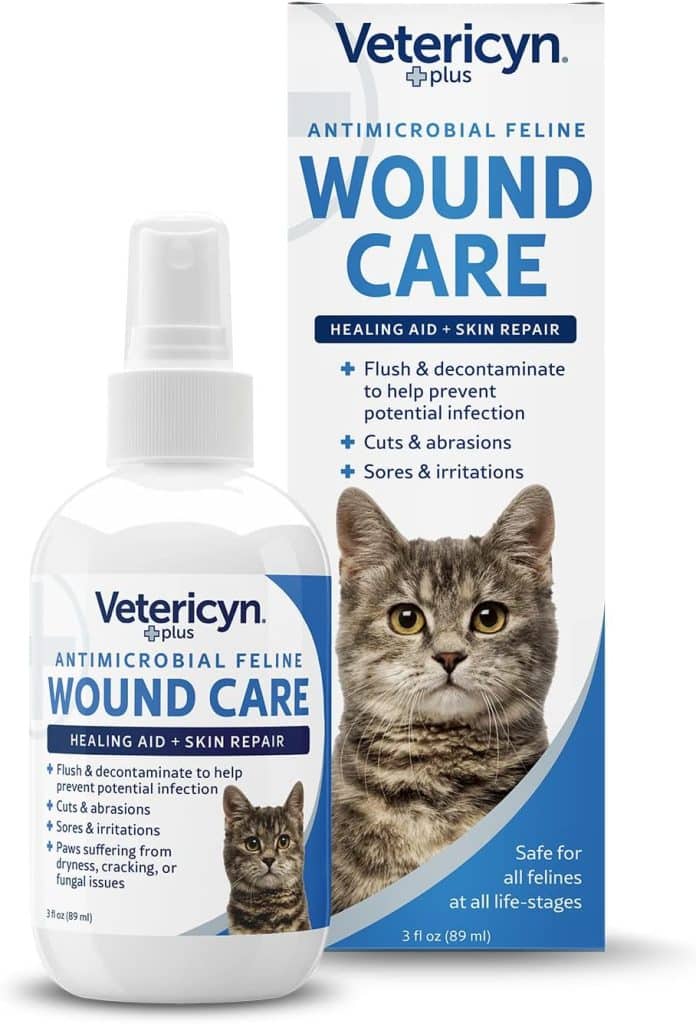How To Relieve Gas In Cats

Is your feline friend experiencing uncomfortable gas? Flatulence in cats can be a sign of dietary issues or underlying health problems. Learn immediate steps to relieve your cat's gas and prevent future discomfort.
This article provides actionable advice on managing feline flatulence, covering dietary adjustments, home remedies, and when veterinary intervention is crucial, ensuring your cat's well-being is the top priority.
Immediate Relief Strategies
Dietary Adjustments
The most common cause of gas in cats is their diet. Transitioning to a high-quality, easily digestible food can make a significant difference.
Look for foods with limited ingredients and avoid those containing common allergens like corn, wheat, and soy. Consider a grain-free option, but consult your vet first.
Introduce the new food gradually over 7-10 days to minimize digestive upset. This slow change helps their system to adapt.
Probiotics and Prebiotics
Probiotics introduce beneficial bacteria into the gut, aiding digestion. Prebiotics, on the other hand, feed these good bacteria.
You can find cat-specific probiotic supplements at pet stores or online. Add a vet-recommended dose of probiotics to help improve intestinal health.
Plain, unsweetened yogurt with live cultures (if tolerated by your cat, as some are lactose intolerant) can also act as a probiotic.
Smaller, More Frequent Meals
Feeding your cat smaller meals more frequently throughout the day can reduce gas. This prevents overloading the digestive system.
Instead of one or two large meals, try splitting their daily ration into three or four smaller portions. Make sure the intervals are regular.
This method is especially helpful for cats who tend to gulp their food, a behavior that can lead to increased air intake and gas.
Home Remedies and Supportive Care
Gentle Abdominal Massage
A gentle abdominal massage can help to relieve trapped gas. Use a circular motion and apply very light pressure.
Pay attention to your cat's reaction and stop immediately if they show any signs of discomfort or pain. Focus on the abdomen area.
This massage can stimulate bowel movements and help expel gas naturally and relieve abdominal pressure.
Ensure Fresh Water Availability
Adequate hydration is crucial for healthy digestion. Make sure your cat always has access to fresh, clean water.
Consider using a water fountain to encourage drinking, especially if your cat prefers moving water. Make sure the fountain is clean.
Dehydration can worsen constipation and other digestive issues that contribute to gas. It promotes healthy bowl movements.
Encourage Exercise
Regular physical activity promotes healthy digestion and bowel regularity. Play with your cat for at least 15-20 minutes daily.
Use toys like laser pointers, feather wands, or puzzle feeders to get them moving. Activity helps the system process food better.
A sedentary lifestyle can contribute to digestive problems, so encourage your cat to be active.
When to Seek Veterinary Attention
While many cases of feline flatulence can be managed at home, some situations require veterinary attention. Persistent or severe gas, especially accompanied by other symptoms, warrants a vet visit.
Look out for signs like loss of appetite, vomiting, diarrhea, lethargy, or blood in the stool. Dr. Emily Carter, a feline specialist, emphasizes, "These signs indicate a potentially serious underlying condition that needs proper diagnosis."
The vet may perform diagnostic tests like fecal exams, blood work, or imaging to identify the cause of the gas. This will determine if there is a medical issue.
Potential Underlying Conditions
Excessive gas can be a symptom of various underlying health issues. These include intestinal parasites, inflammatory bowel disease (IBD), and exocrine pancreatic insufficiency (EPI).
Parasites like Giardia and Coccidia can disrupt the gut's natural balance, leading to gas and diarrhea. The vet can diagnose and prescribe medication to combat parasites.
IBD and EPI interfere with nutrient absorption and digestion, resulting in increased gas production. Long-term management may involve special diets and medication.
Ongoing Management and Prevention
Managing and preventing gas in cats often involves long-term dietary and lifestyle adjustments. Keep a close eye on your cat's response to changes.
Maintain a food diary to track your cat's reaction to different foods and treats. This helps identify potential triggers and allergens.
Regular veterinary checkups are essential for monitoring your cat's overall health and addressing any digestive issues promptly. Preventative measures are crucial.
Monitor your cat for improvements following these steps. If the gas persists or worsens, immediate consultation with a veterinarian is critical to rule out serious health problems. Act quickly to ensure your cat's health and comfort. If you notice frequent flatulence, it is time to visit the vet.
